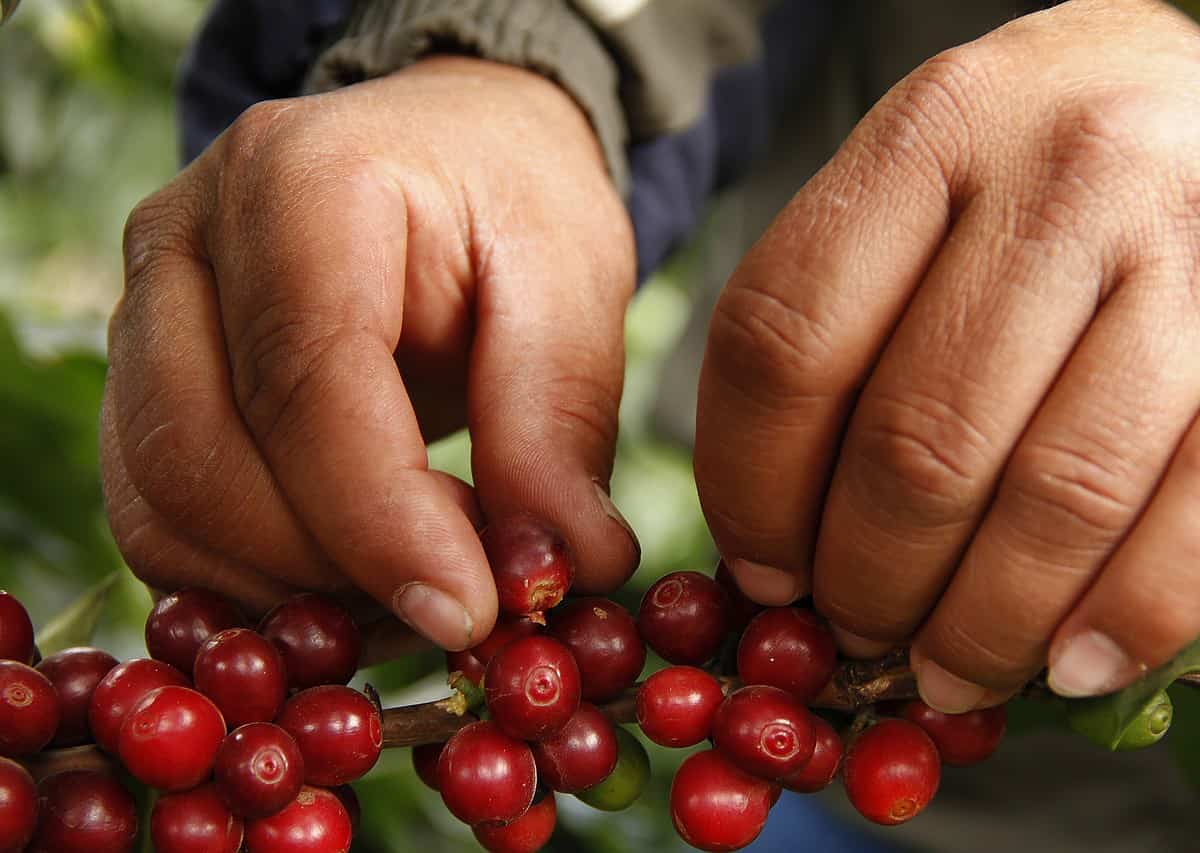Coffee in Costa Rica is not just a beverage; it’s a way of life and it represents a significant portion of the country’s economy. Coffee cultivation in Costa Rica dates back to the 1700s when the first plants were introduced by the Spanish colonialists.
Since then, coffee has become an integral part of Costa Rican culture, and it’s a source of national pride. Unfortunately, the coffee industry in the country is facing numerous challenges, including the impacts of climate change.
According to a report by The Xylom, climate change is posing a significant threat to the coffee farmers of Costa Rica. The report states that an increase in temperature and erratic rainfall patterns are creating numerous challenges for the coffee growers in the country. The situation is highly complicated as temperatures continue to increase, especially during coffee growing and harvest season. This has resulted in a shift in the window for coffee picking, making crop yields unpredictable and creating problems in planning harvest schedules.
Additionally, Costa Rica’s monthly rainfall has been increasing considerably, and while this might generally be favorable, it has increased the risk of fungal infections for the coffee plants during the growth season. The increase in rainfall has also made it challenging for farmers to predict the best times for fertilizing their crops, leading to suboptimal growth and yield.
Another significant challenge facing coffee farmers in Costa Rica is the need to minimize their environmental impact. Coffee cultivation is a high-risk business, with significant initial investments and increasing costs of maintaining farms. As a result, many farmers are clearing more forests to increase their yields and find more arable land.
This poses a significant threat to the ecosystem and makes it challenging for farmers to balance their need for income with their responsibility to protect the environment.
Despite these challenges, Costa Rican coffee farmers are not giving up easily. They are working tirelessly to adapt and turn their production methods into eco-friendly practices that will allow them to boost production while preserving the environment. Farmers are collaborating with environmentalists and researchers to develop sustainable plans and solutions that will help them keep doing what they love while preserving the ecosystem.
One of the solutions proposed by experts is the adoption of agroforestry, which involves planting coffee trees in the shade of taller trees. This not only provides a conducive environment for coffee growth but also helps to preserve the ecosystem by reducing the need for clearing more forests. Farmers can also adopt practices such as composting, intercropping, and natural pest control, which help to reduce their environmental impact.
The coffee industry is vital to the country’s economy, but it’s facing numerous challenges, including the impacts of climate change. However, despite the hardships, Costa Rican coffee farmers are determined to adapt and find sustainable solutions to protect the environment while continuing to produce their beloved coffee.
As consumers, we can support these efforts by choosing to buy coffee from farmers who use sustainable and eco-friendly practices, ensuring that we’re not just enjoying a cup of coffee but also contributing to a better world.






